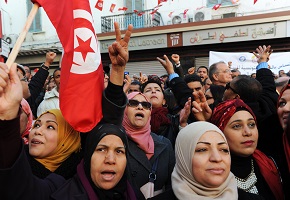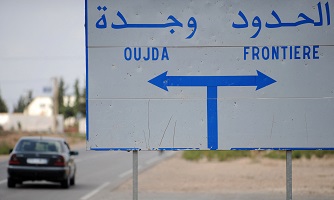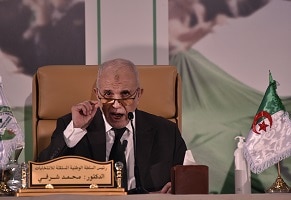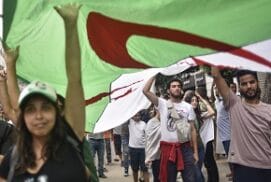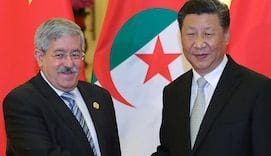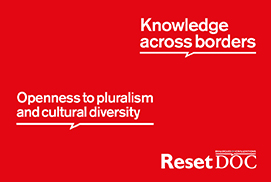Pasquale Ferrara 10 September 2025
The connection between religion and violence has long been seen as a political and sociological certainty. In recent decades, particularly after the 1979 Iranian Islamic Revolution and the September 11, 2001 attacks, religions have returned to the center of the international political stage, and not always for the right reasons. Examples abound: conflicts in Bosnia, Algeria, Kashmir, Palestine, and Sudan; as well as violent Islamism, Hindu nationalism, the Christian Evangelical right, and extremist Jewish parties. The return of religion to international politics has been linked to the broader theme of identity politics. Religions have often been considered an emblematic case of the encroachment of irrationality into international security.



